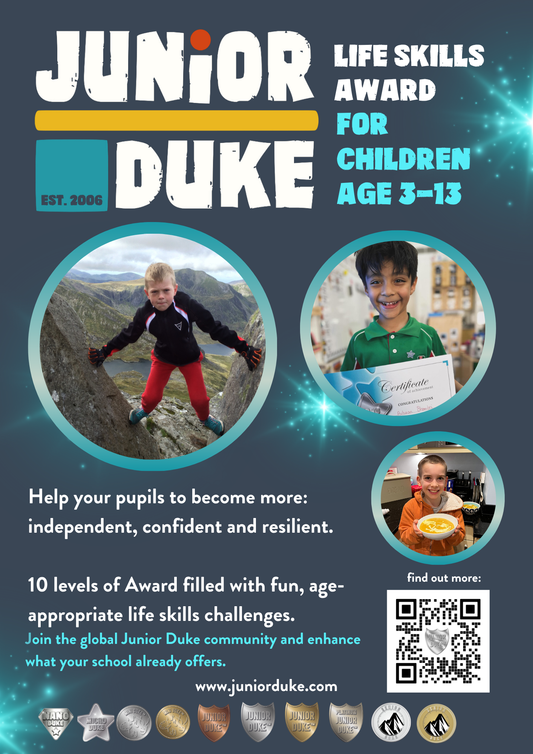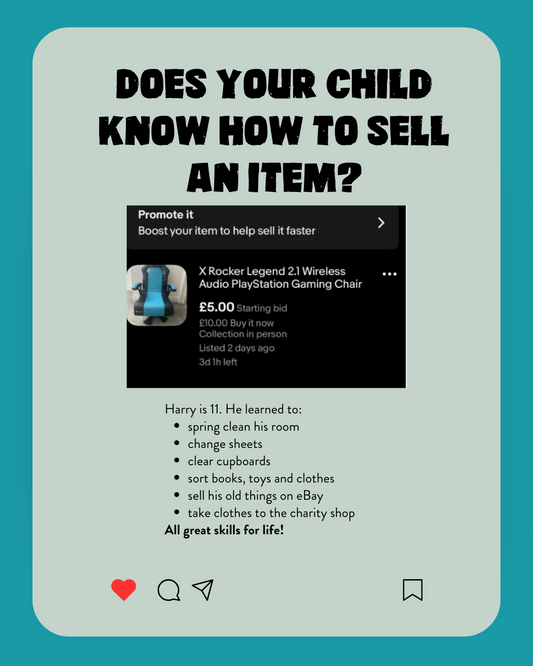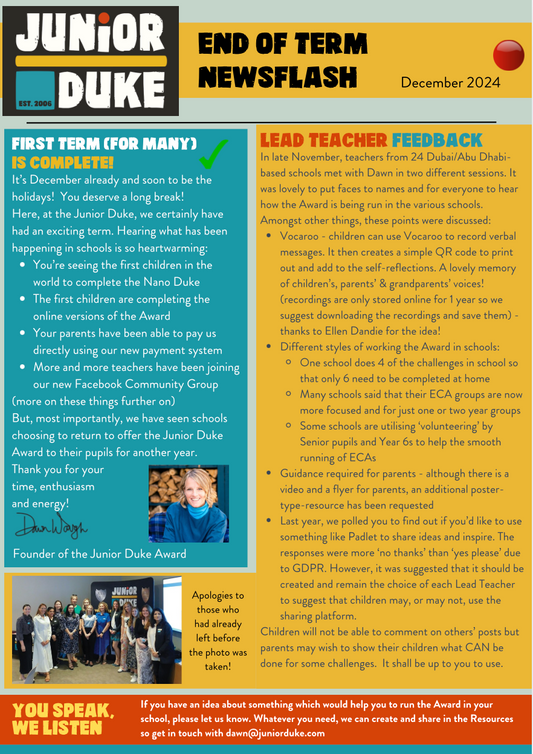This blog was written by our Founder, Dawn, mainly for Head Teachers from COBIS schools around the world but will hopefully be of interest to you too!
Isn’t it incredible that AI can make so many things so much faster! We no longer need to be faced with a blank page! We all have a phone and can all access the information we need at the drop of a hat. We no longer need to ‘remember’ facts.
As artificial intelligence takes on more tasks, the traditional focus on memorisation in education is losing its relevance. Today’s students know this better than anyone. At the recent COBIS conference, many young people voiced a clear desire for change: they don’t just want to learn what to think, but how to live, adapt and thrive.
With AI now capable of handling facts and formulas in seconds, the role of education must shift. It’s no longer enough to ask students to recall information; instead, we must teach them how to use it critically and creatively. Skills like problem-solving, collaboration and emotional intelligence will define success in the workplaces, and societies, of the future.
In a roomful of International Head Teachers, we heard from a group of confident students at the COBIS conference in May. As the voice of students their age around the world, they were asking for more practical preparation. They expressed the need to learn skills such as financial literacy, effective communication, public speaking opportunities and everyday problem-solving. By weaving life skills into the curriculum, we prepare children not just for exams, but for the real challenges and opportunities they will face in adulthood.
Another pressing concern is resilience. In a world where overprotective “snowplough parenting” often clears away every obstacle in a child’s path so that their life can be happy and worry-free, students can miss out on the growth that comes from overcoming difficulty and having to solve daily problems for themselves. Facing age-appropriate challenges builds grit, adaptability and the confidence to handle setbacks. Facing ‘struggle’ and being allowed, or expected, to fail a few times on the way to success is crucial to develop resilience. These experiences prepare children for the inevitable bumps in the road that life brings.
We know that children spend far fewer hours in school than they do at home. This means parents are essential partners in teaching life skills. Many of our parents are desperate to be involved and to help but many of those also admit that they don’t know ‘how’ to help. By providing parents with simple frameworks and practical guidance, schools can help families nurture independence, resilience and strong character, while also strengthening family bonds.
A very simple, solution to this problem is the tried-and-tested life skills framework, the Junior Duke Award. It has ten progressive levels full of challenges aimed at developing soft skills which empower children from the age of three to thirteen to become more independent, confident and resilient. It grows their bubble and broadens their horizons. It is not time-consuming for a school to run, it works alongside all curriculums, it encourages parental engagement, it boosts confidence which then overflows into academics, it creates a community feel within schools of any size, the school inspectors are actively promoting it and it is inexpensive.
It’s a win-win.
The future will be shaped not only by technology but by the people who know how to use it wisely. To prepare our students for our ever-evolving world, education must evolve. By fostering resilience and prioritising life skills both in school and at home, we can empower young people to spread their wings with confidence and meet life’s challenges head-on.








